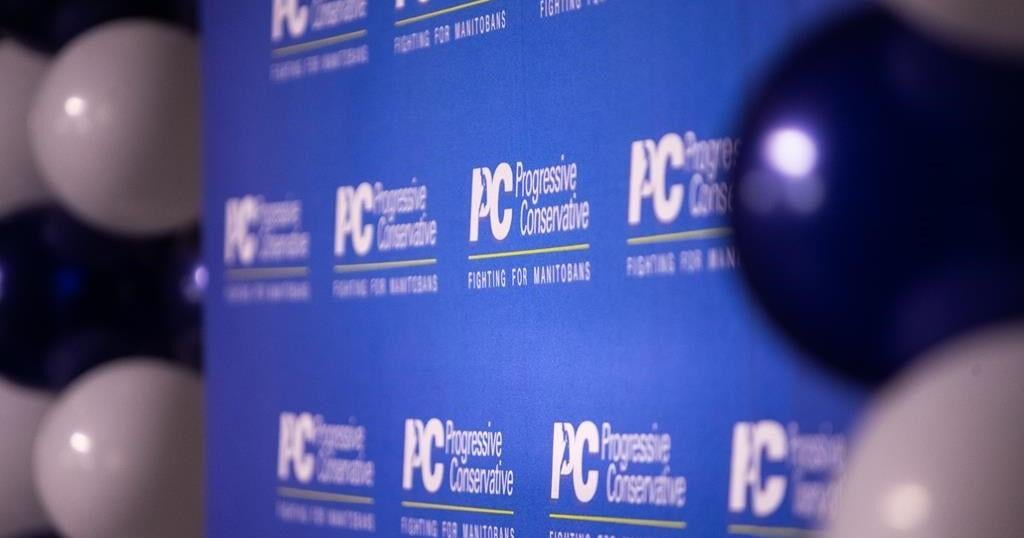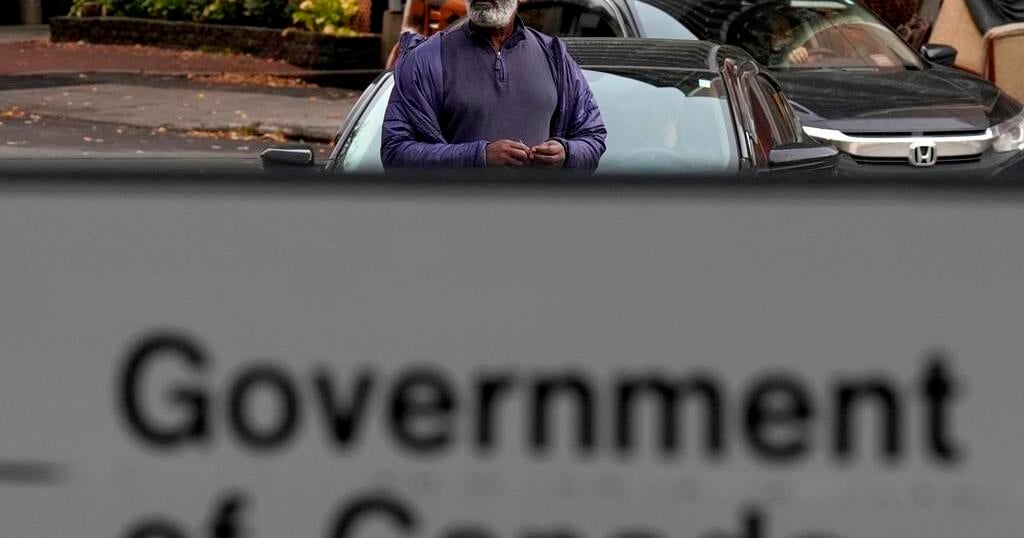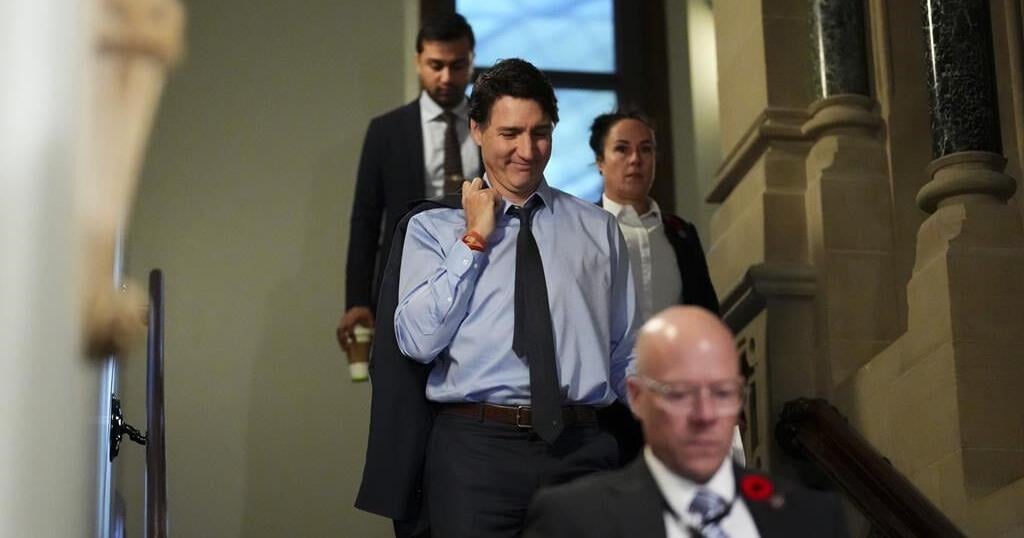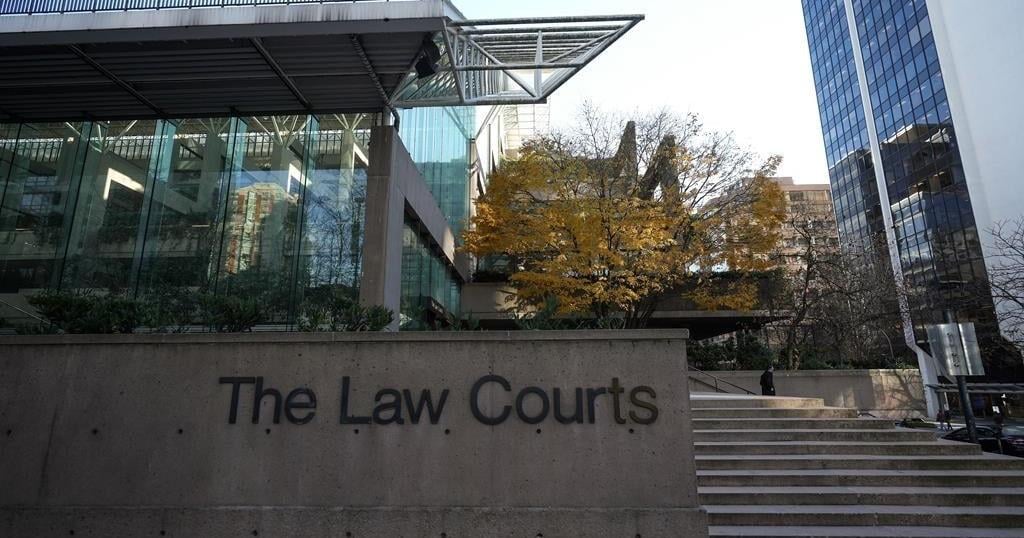WINNIPEG – Obby Khan and Wally Daudrich, the two candidates for the leadership of Manitoba’s Opposition Progressive Conservatives, made their respective pitches to members Wednesday night at a forum hosted by the party.
Khan, a former cabinet minister backed by some high-profile Tories including former premier Kelvin Goertzen, pitched himself as best prepared to take over the reins because of his time in the legislature since winning a byelection in 2022.
“I’ve got a ton of energy. I’m in the legislature. I’m ready to hit the ground running on Day 1,” Khan told Tories gathered in a hotel conference room.
“And that legislature is no joke. That is a machine when it comes to question period, when it comes to bills and resolution.”
Daudrich, a longtime party board member who ran unsuccessfully in the past for federal politics, told the crowd he wants to repair the party’s relationship with grassroots members and focus the party on conservative principles.
“Small government, knowing how to spend a dollar frugally, and keeping in touch with our people — those are principles,” he said in response to a question about which ideas the party needs to embrace.
The two men have much in common — both are business owners and the sons of immigrants.
But they differ on some policies.
Daudrich says the Tories can be more fiscally and socially conservative. He told reporters he is pro-life but would let grassroots members set policy on that and other issues.
Khan has said he can build a “big tent” party that can attract people from different political leanings. He told reporters Wednesday night he supports a day of transgender recognition.
“I know what it means, as a minority, to have a day that recognizes you … so I support that day,” said Khan, the first Muslim elected to the Manitoba legislature.
Khan was not in the chamber for a vote last spring on establishing a provincial day of two-spirit and transgender recognition. He was at a doctor’s appointment, he said. The bill passed with support from most politicians. Four Tories voted against it.
The Progressive Conservatives are looking to replace former premier Heather Stefanson, who announced her plan to resign after the party lost the October 2023 election to the NDP.
Daudrich was part of the team behind Shelly Glover, who narrowly lost the last leadership race to Stefanson and unsuccessfully challenged the results in court.
Daudrich and Khan did not go head-to-head at the forum Wednesday night. They took turns sitting on a stage, answering questions from a moderator and from the audience.
This report by The Canadian Press was first published Oct. 30, 2024.

























